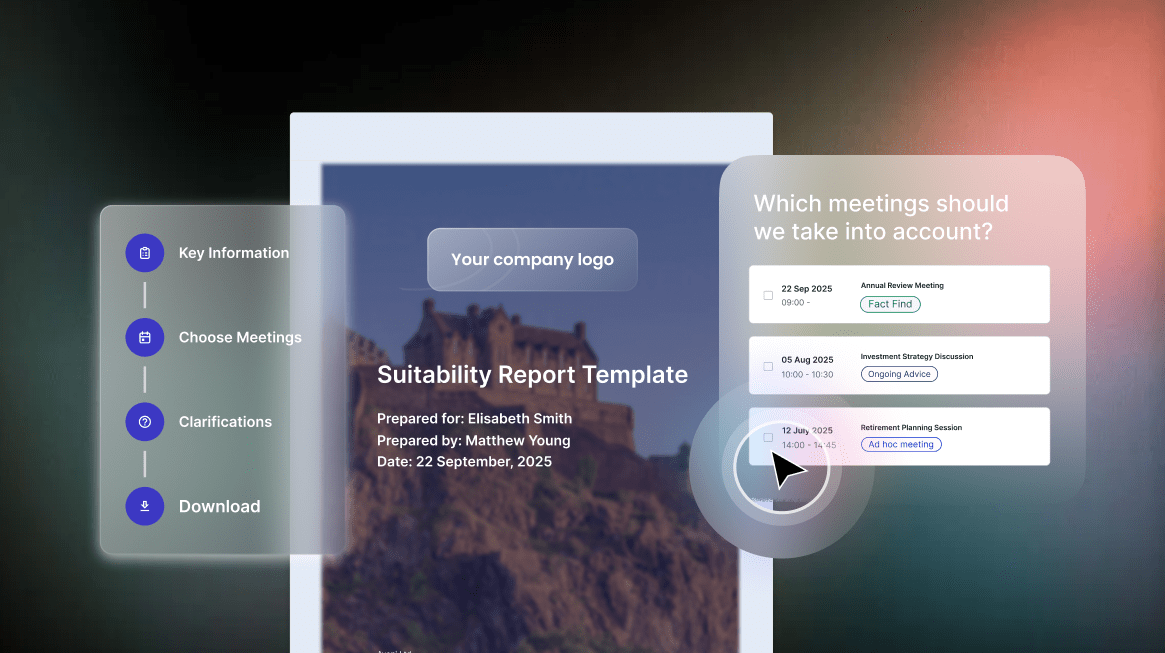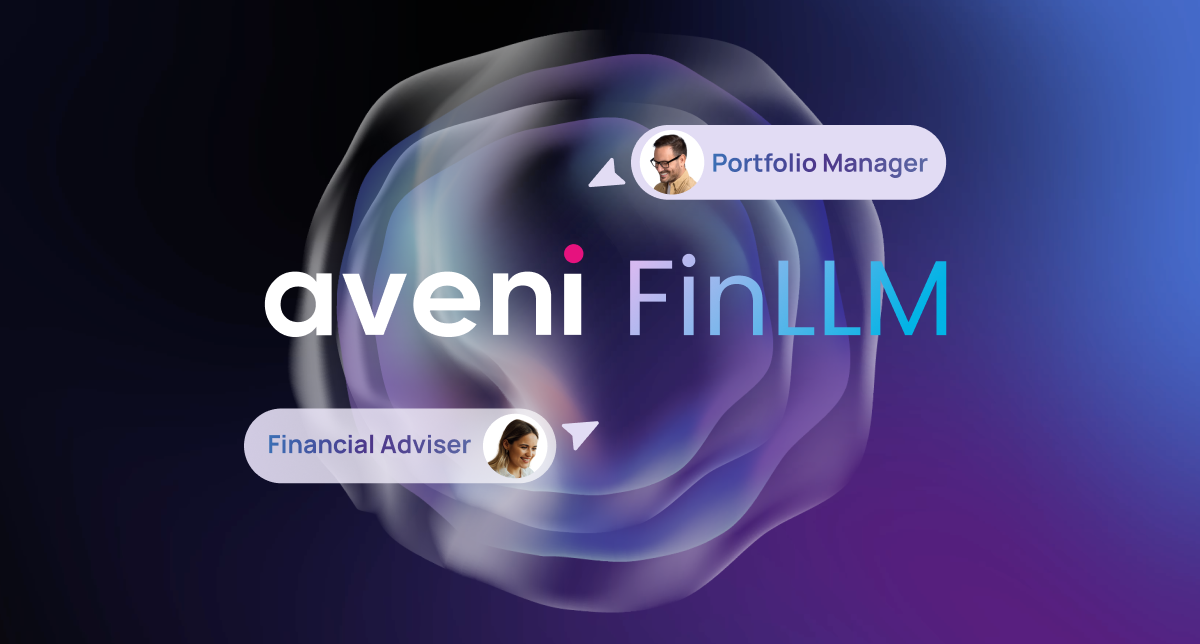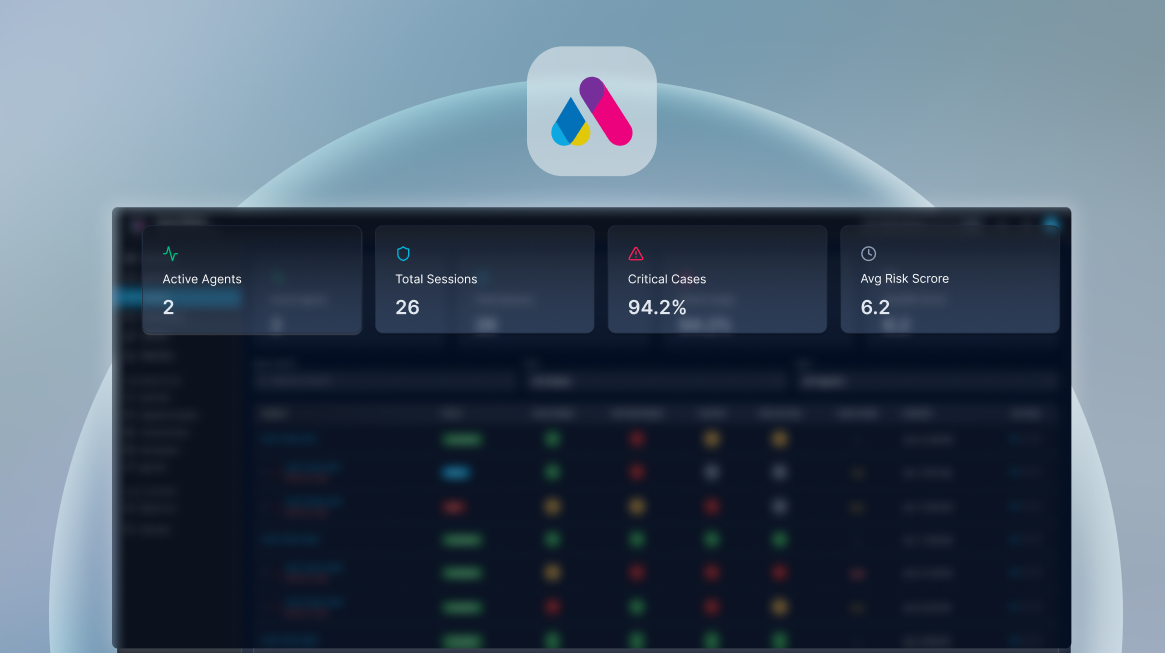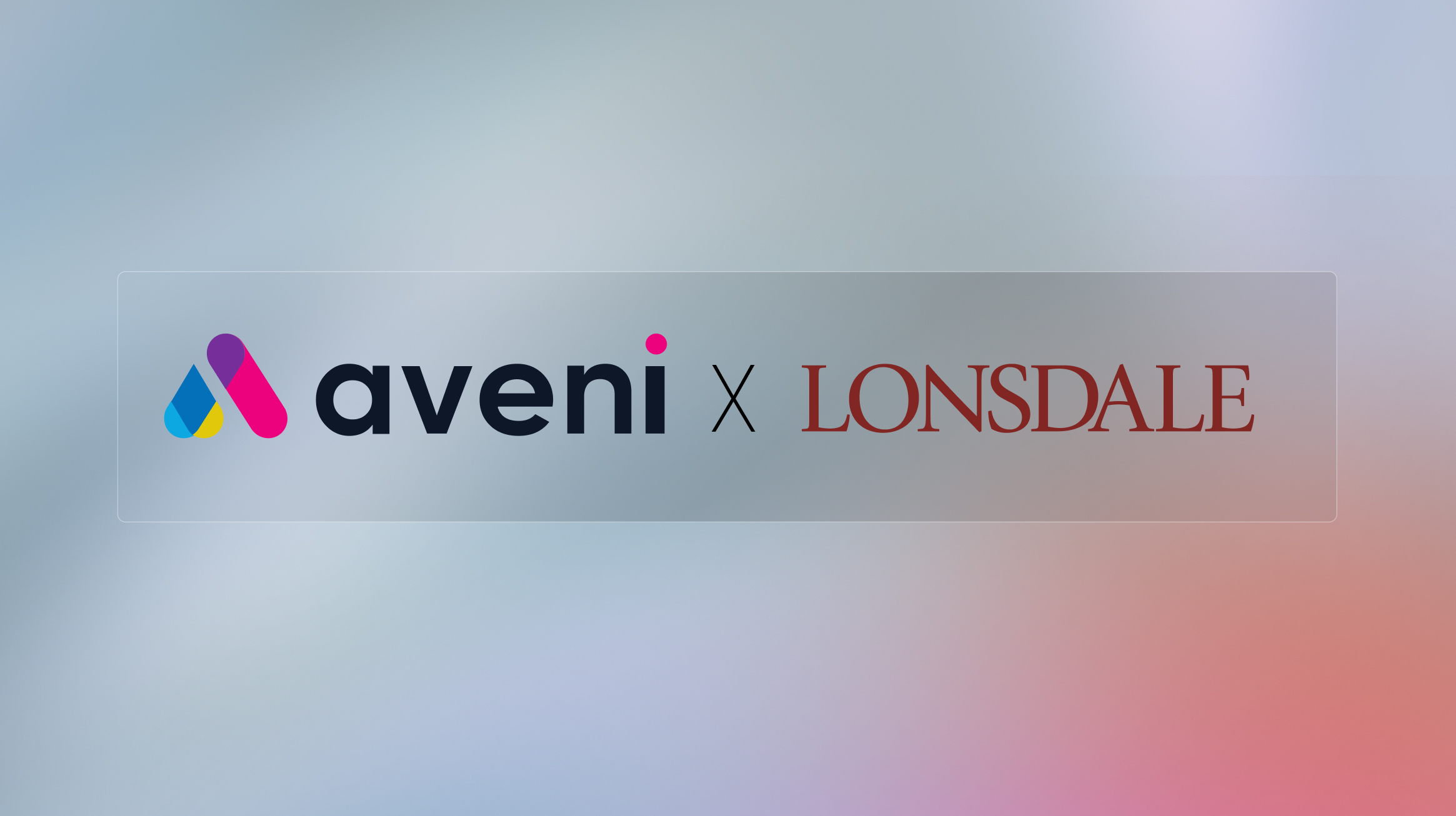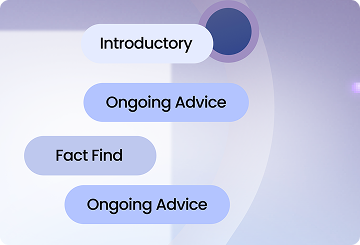Private banking has always thrived on discretion, trust, and personal connection, qualities that don’t easily translate into data or dashboards. Yet every conversation, every note, and every recommendation now sits at the intersection of human judgment and regulatory scrutiny.
The question isn’t whether AI has a role to play, but how it can enhance the craft of relationship management without eroding the care and confidentiality that define it.
The Compliance Challenge in Private Banking
Private banking has always lived in quiet spaces: private rooms, discreet calls, handwritten notes. It’s an industry built on relationships that feel personal and protected.
But the silence is thinning. Regulators now want transparency as much as clients want confidentiality. Under Consumer Duty and SM&CR, every recommendation must carry a clear, auditable story: why it was made, how it was explained, and whether it delivered fair value. Boards are accountable for this oversight, and audit-ready evidence is now mandatory.
The reputational risks are equally serious. A missed explanation or incomplete record can erode client confidence and invite regulatory scrutiny.
- Under Consumer Duty, firms must evidence client understanding, not just suitability.
- SM&CR makes boards accountable for advice oversight and audit-ready records.
Why Generic AI Won’t Work for Private Banks
Most AI tools are built for speed and scale, not subtlety. They churn out neat paragraphs and instant summaries, but in private banking, that’s exactly where the danger lies.
A model that flattens complex investment reasoning into tidy templates strips away the nuance that defines bespoke advice. One that isn’t built for UK financial regulation risks producing outputs that sound credible but can’t be defended under audit. And any system that sends sensitive client data into uncontrolled environments jeopardises the very discretion clients are paying for.
Private banks don’t need another generic AI assistant. They need domain intelligence. They need technology designed to understand context, capture reasoning, and respect confidentiality while still delivering the transparency that regulators demand.
→ Read more: AI governance: building trust and compliance in financial services
AI That Supports, Not Erodes, Client Intimacy
The right AI enhances the adviser’s role rather than replaces it. It ensures service remains personal, while records are accurate and compliant.
- Regulator-friendly records: AI can structure and document the rationale for decisions so the story is traceable and tailored.
- Human-in-the-loop control: Advisers review and refine outputs before they become part of the official client record.
- Sovereign deployments: Sovereign AI ensures data remains in controlled environments, protecting confidentiality while meeting assurance requirements.
For example, an adviser recommending a bespoke fund allocation can use AI to capture the reasoning faithfully. The client sees a clear explanation, and regulators see an auditable record.
→ See the The CFO’s Guide to AI ROI Measurement: Proving Value Before Your 2026 Budget
Oversight Without Compromise
AI can give compliance leaders and boards visibility without undermining adviser-client intimacy.
- Aveni Detect turns conversations into dashboards that evidence Consumer Duty outcomes across the business.
- Aveni Assist generates personalised suitability reports from multiple meetings, fact finds, and CRM records.
- FinLLM provides the intelligence layer: a finance-specific language model aligned with UK regulation, designed to produce accurate and explainable outputs.
Together, these tools mean private banks no longer have to choose between intimacy and oversight. They can achieve both.
An adviser recommends a bespoke fund allocation. With AI, the reasoning is captured clearly, shown to the client, and stored as an auditable record without losing the personal touch.
- For regulators: Transparent, defensible evidence.
- For the firm: Consistent oversight and easy drill-down.
- For the client: Personal, confidential, and clear.
→ Read more: AI guardrails and monitoring that actually work in financial services
The Way Forward for AI in Private Banking Compliance
The future of AI in private banking is not about automation replacing advisers. It is about embedding sovereign, assured AI into workflows so that client relationships remain personal and regulators receive the transparency they expect.
Private banks that take this path will protect their reputation, strengthen client trust, and meet regulatory obligations with confidence. Those that delay risk falling behind in both client experience and compliance.
Ready to balance intimacy with oversight?
Embed sovereign, assured AI into private banking workflows and give boards the visibility they expect.

